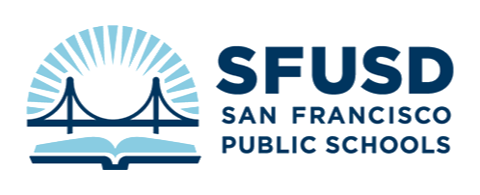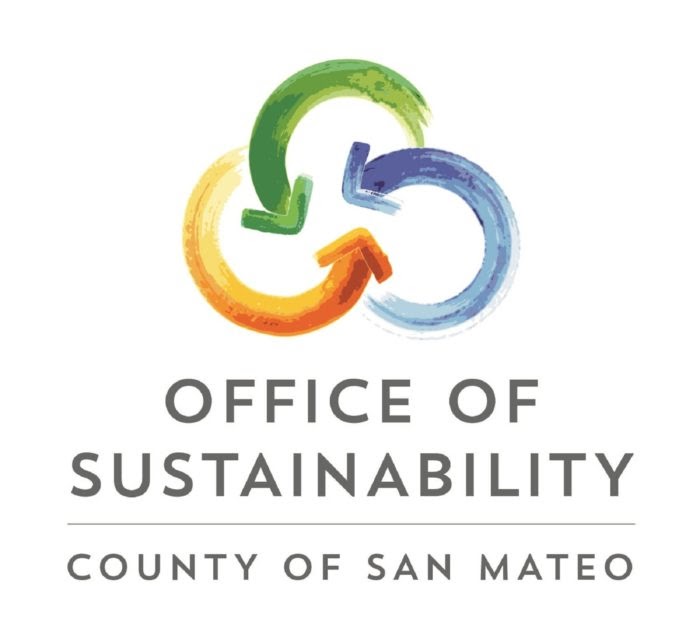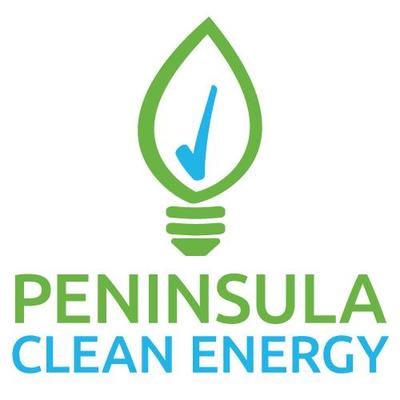The Solutionary Teacher Fellowship has Been Serving Teachers for 9 Years!
The Environmental Solutionary Teacher Fellowship (ESTF) is a knowledge-to-action program that builds teacher capacity for designing and delivering learning experiences that are student-centered, problem-project-based, solutions-oriented, and integrate real-world environmental justice issues.
Environmental Solutionary Teacher Fellowship 10 Year Anniversary Edition: The Best of ESTF can be found on the 2024-25 Cohort Website!
Fellows who complete all requirements are eligible for a stipend (see below). Fellows may participate in one of two capacities:
-
First-Time Fellow: First year participant ($1,000 stipend)
-
Senior Fellow: Return participant - transition to instructional leader to serve as a coach and mentor to First-Time Fellows ($1,500 stipend)
Intended outcomes of this program include the following:
-
Deeper understanding of the intersection between environmental, social, and economic issues.
-
Confidence and ability to successfully use student-centered learning strategies (inquiry, systems thinking, civic engagement, project-based learning, etc.), which increase student engagement and comprehension.
-
Tools and resources to make an impact in your school community, including connection with and access to funding for resources, field trips, and more.
- Special focus this year is on English-Language Arts and ways to incorporate environmental literacy strategies in all subject areas!
Program Pathways and Requirements
The Environmental Solutionary Teacher Fellowship is built around four key elements of professional learning: Knowledge, Action, Accountability and Reflection, and Connection to Partners. These elements are based on research (and feedback from the past eight years of implementation) of what leads to successful outcomes in the classroom. Each of these elements and how they show up in this program are outlined below.
Program Elements
- Knowledge: Foundational knowledge and skill building for environmental literacy, climate literacy, and solutionary teaching and learning is at the heart of the teacher fellowship program. Throughout the program, hands-on experiential learning workshops blend content knowledge development and training on solutionary teaching strategies.
- Action: This part of the program is focused around teachers putting knowledge and skills into action by developing and implementing Solutionary Units of Study. During this phase, teachers are paired with an instructional coach who provides guided implementation support on planning, implementing solutionary teaching strategies, and evaluating student outcomes.
- Accountability and Reflection: A critical key element of the program is accountability and reflection. This happens both formatively through discussions in the cohort-based community of practice, as well as summatively through case study reflections and oral presentations.
- Connection to Partners: A final important component of a high-quality solutionary unit is engaging with local community-based partners that can provide hands-on and place-based learning, as well as supplemental curriculum partners who can help to enhance and enrich the overall learning experience.
Program Success and Testimonials
Since the start of this fellowship in 2015-16, more than 400 teachers have learned what environmental literacy is and how to do it — while also meeting the standards and fostering students' engagement and academic success. The program continues to be incredibly successful for empowering teachers - more than 90% of teacher fellows reported that the program was critical to their success and/or enhanced their ability to teach and engage students in the 2022-23 school year.
95% of participants report very high to extreme satisfaction with institutes and workshops
95% of teachers report that they will teach their solutionary unit again in future years.
96% would participate in additional fellowship programs, and 96% would recommend it to colleagues.
Case Study Examples from Program Alumni
Looking for inspiration on how to integrate sustainability into your grade level or subject area? Check out our past fellow case studies below.
2023-2024
2022-2023
2021-2022
2020-2021





Julie Hilborn
Coordinator, Environmental Literacy and Sustainability
Email: jhilborn@smcoe.org
Phone: (650) 802-5406






